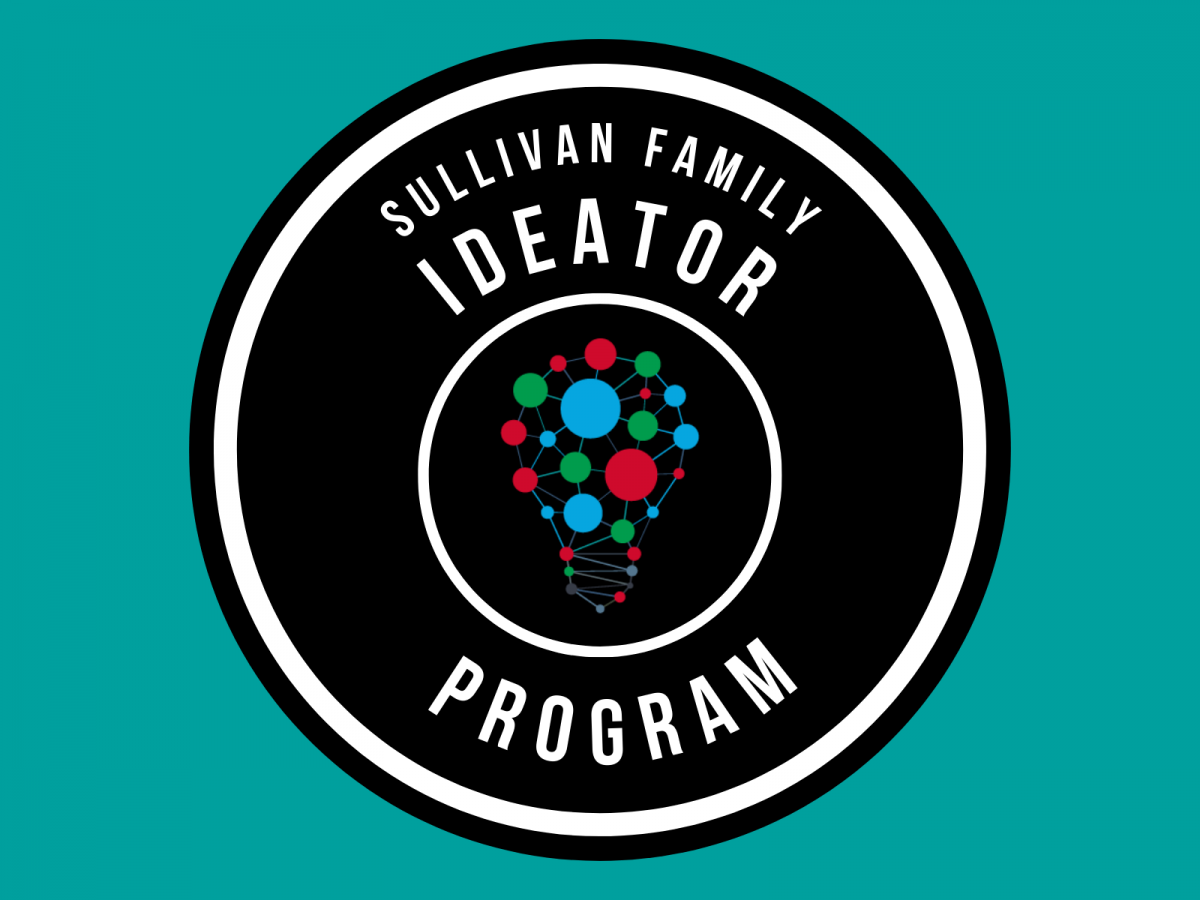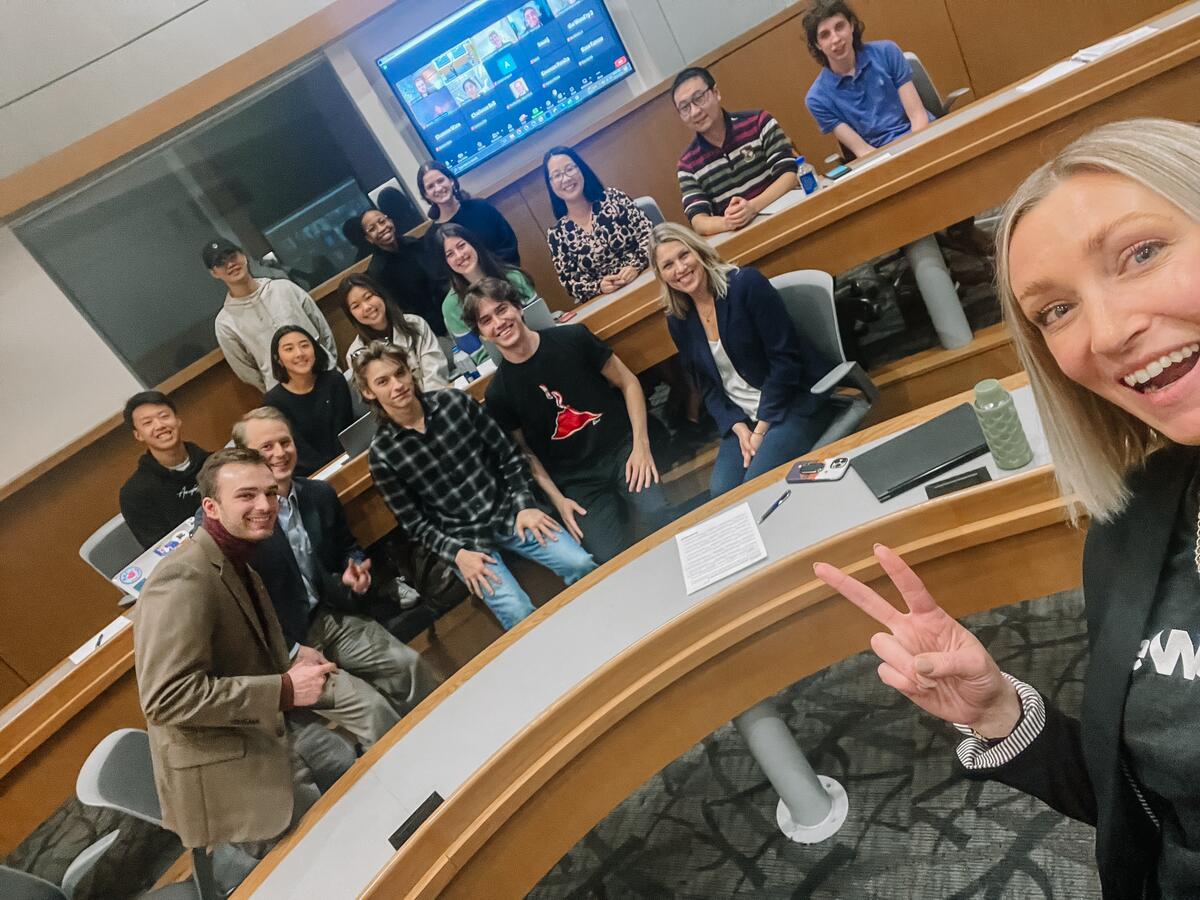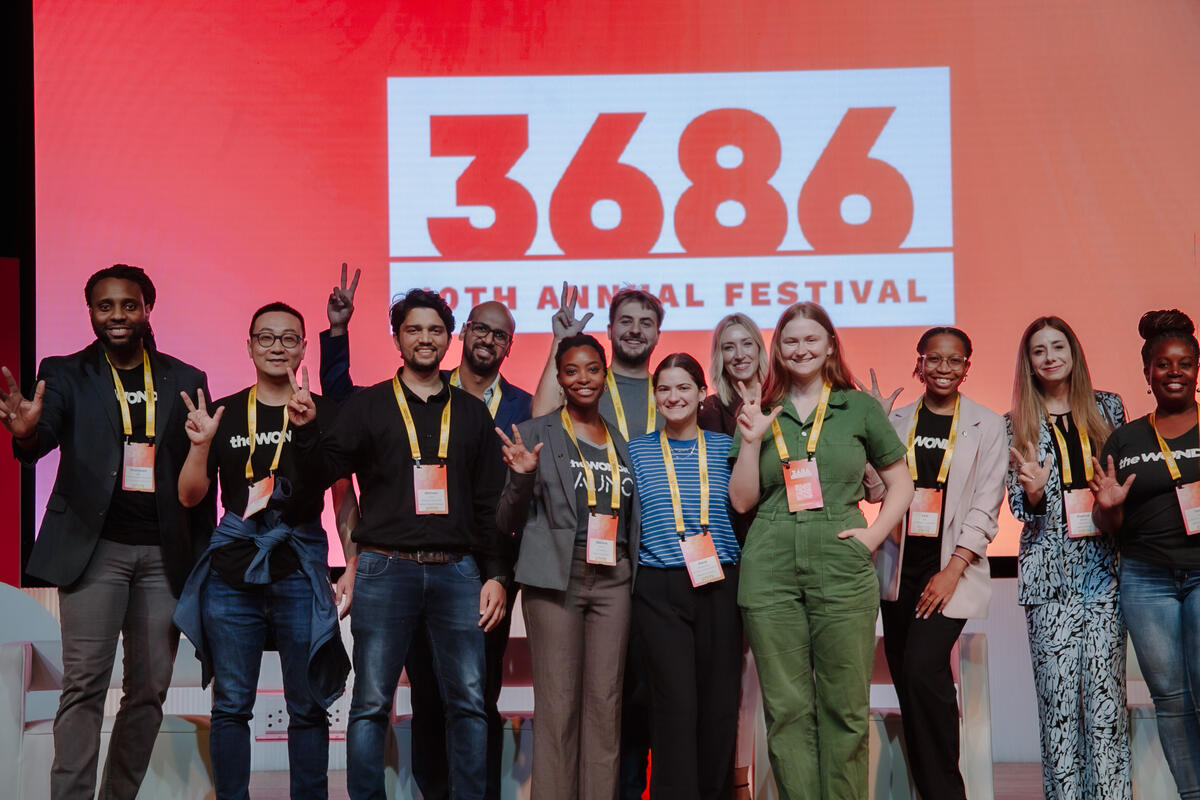Sullivan Family Ideator
The Sullivan Family Ideator Program at the Wond’ry helps aspiring university-affiliated innovators (students, staff, faculty, and alumni) evaluate and develop their ideas by teaching an evidence-based approach to idea evaluation and offering expert mentorship and access to resources. Participants can receive microgrants if they demonstrate a strong commitment to their idea and its merit. Completing the program and demonstrating product-solution fit can lead to further opportunities, such as eligibility for the National Science Foundation’s I-Corps Program and the Wond’ry’s Builder Program.

Click here to apply for the Summer 2025 Cohort. Application Deadline: May 6th
Summer Sullivan Family Ideator Cohort (Virtual):
Tuesdays, May 20th - June 25th
- 5/20 Orientation 4-5pm CST
- 5/21 Kick-Off 4-6pm CST
- 5/28 Session 2 4-6pm CST
- 6/4 Session 3 4-6pm CST
- 6/11 Session 4 4-6pm CST
- 6/25 Pitch Day 4-6pm CST
Participants of the program must:
- Attend all sessions.
- Conduct 20+ total customer discovery interviews
- Meet with their assigned mentor each week.
- Participate in office hours with the instructors.
- Complete a series of assignments directly related to evaluating your idea
Participants of the program have the option to attend Pitch Day at the end of the full course.
At the end of the program, a pitch day will be held and participants will have the opportunity to pitch their idea to a group of high-caliber judges composed of business leaders, investors, and accomplished entrepreneurs. Attending pitch day is optional.
Microgrants will be provided for a number of teams that excel in the Ideator Program.
To inquire about any program, book an appointment with one of our Entrepreneurship team here.
Sullivan Family Ideator Program (Virtual)
This program is composed of 5 virtual, interactive sessions with required instructor and mentor office hours. Each participant will have the opportunity to pitch their idea for potential microgrant funding.

Microgrant Awardees
A limited number of microgrants are awarded to participants displaying a high level of commitment to pursuing their idea and having sufficient, supportive evidence of its merit.
Program Support
The Sullivan Family Ideator Program is funded in part by the Sullivan Family and in part by the National Science Foundation (Grant #1735762, PI David Owens).
